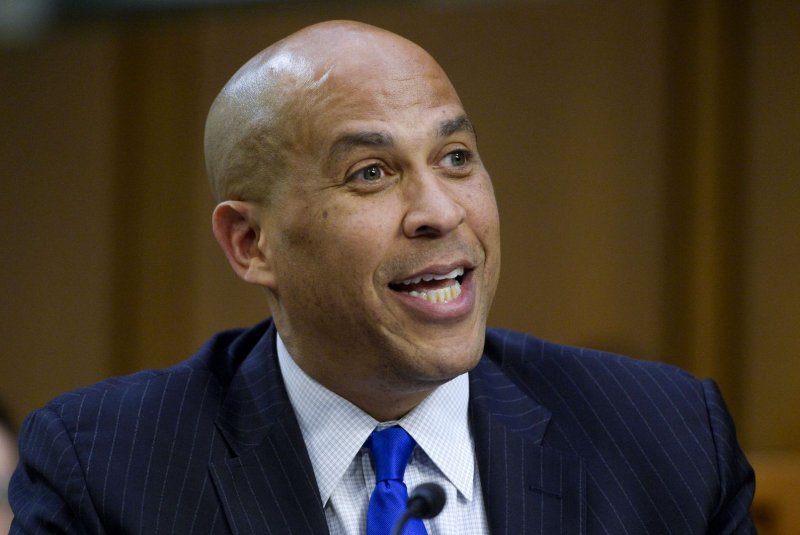The United States is urgently reorienting its foreign policy focus towards Africa, driven by the critical necessity to secure access to essential minerals amid escalating global competition. A recent Senate hearing underscored a bipartisan consensus on deepening diplomatic and commercial engagement with African nations, recognizing the continent’s pivotal role in the global economy and its vast reserves of materials vital for future technologies.
Lawmakers voiced significant concern over America’s current over-reliance on external powers, particularly China, for the refinement of many of these strategic resources, including cobalt, lithium, and graphite. This dependency, they stressed, poses substantial risks to the nation’s economic stability, energy transition goals, and even its defense supply chains, highlighting a perceived trailing position in the ongoing geopolitical strategy for mineral control.
Africa, holding approximately 30% of the world’s critical mineral reserves, has emerged as a central battleground in this global resource race. Senators emphasized that these minerals are not merely commodities but strategic assets intrinsically linked to national security, industrial competitiveness, and the accelerating investments in electric vehicles, grid storage, and advanced manufacturing sectors across the United States.
The hearing revealed a strong desire to reshape U.S.-Africa relations from an aid-based model to one led by investment and mutually beneficial partnerships. Specific countries like South Africa, Zimbabwe, the Democratic Republic of Congo, and Tanzania were identified as particularly important in this reorientation, given their significant mineral endowments.
Despite this clear strategic imperative, the discussion also highlighted significant barriers hampering U.S. efforts to scale mineral partnerships. These include insufficient financing tools, an inconsistent diplomatic presence, and a fragmented interagency approach, contrasting sharply with China’s decades-long strategy of robust, state-backed relationships secured through infrastructure investments and mining concessions that have locked up long-term access.
However, opportunities abound as many African nations are increasingly looking for alternatives to existing influences, showing receptiveness to transparent and mutually beneficial collaborations. Initiatives such as the Lobito Corridor, a Western-aligned railway system linking mineral-rich areas to Angola’s Atlantic coast, exemplify targeted U.S. investments designed to facilitate the export of minerals and offer alternatives to established routes, thereby enhancing the global mineral supply chain security.
Beyond raw material extraction, the senators linked stronger mineral ties to broader U.S. foreign policy objectives, including anchoring long-term strategic relationships, promoting economic resilience, and supporting African countries’ development goals. This comprehensive approach acknowledges Africa as a rising global force, not just a source of raw materials, and underscores the need for durable, values-based strategies that integrate diplomacy, finance, and development assistance.
The overarching message from the congressional hearing was unambiguous: if the United States aims to effectively compete in the global energy economy and counter authoritarian influence, it must fundamentally reimagine its engagement with Africa. This requires a commitment to acting as a genuine trading partner and long-term collaborator, ensuring sustained economic engagement in the region to secure its vital interests and foster shared prosperity.






Leave a Reply